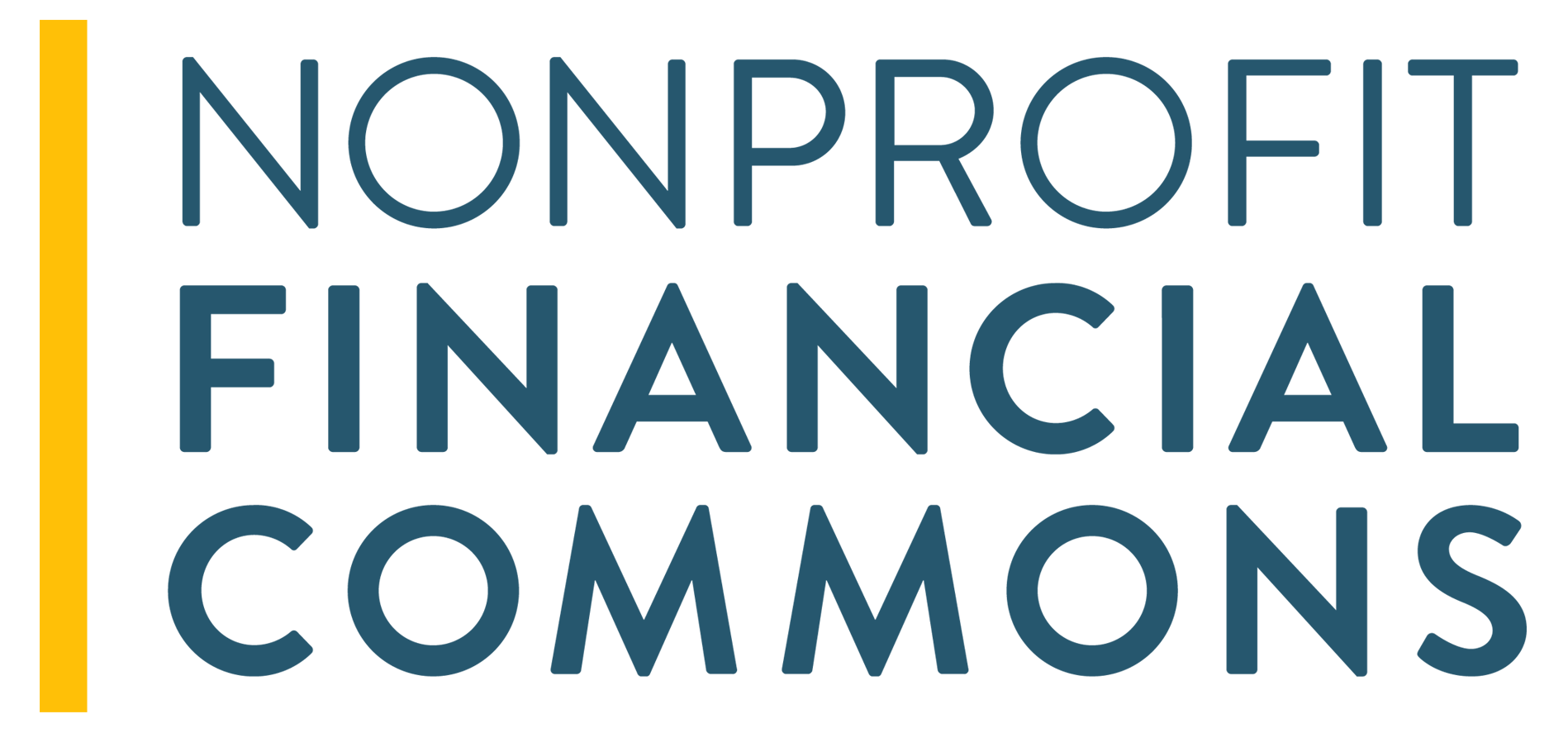-
Is every board member legally responsible for the integrity of our books?
Posted by Amanda_NFC on May 22, 2023 at 1:07 pmKELLE ASKED: Is every board member legally responsible for the integrity of our books? What are your thoughts?
michele replied 1 year, 7 months ago 4 Members · 3 Replies -
3 Replies
-
Hi Kelle. I think you are not getting replies because of the word “legally” in your question. So, I will say that I am NOT a lawyer and cannot provide legal advice, but generally, every board member is reponsible for the integrity of your books. That is part of the “duty of care” and the “duty of obedience” that all nonprofit boards should adhere to. Different states have varying statutes regarding legal responsibility, but no nonprofit board should want to be caught in a quibble about whether they should LEGALLY have known whether their books were accurate and compliant. At a minimum, the officers should be on top of this and report to the board, and the board should receive reports, REVIEW THEM, and ask questions so they understand them. I hope that helps a bit.
-
Absolutely agree with Nonprofit_Bookkeeper. I saw the “legally” and thought I’ll pass 🙂
Now that that’s cleared up… I just wanted to add that they’re responsible for broad oversight and governance to ensure that the right people and systems are in place (particularly internal controls, annual audits if large enough). They Board is NOT responsible for managing the books themselves or for micro-managing finance employees. An important distinction! “Nose in, fingers out”, as they say.
-
I agree with previous responses. I am Attorney.
The board members can’t depend on other board members to fulfill their duties. But if the treasurer represents the financial statements are correct, trust me then the board should trust them but still read the financial statements. The board members have to verify others assertions.
